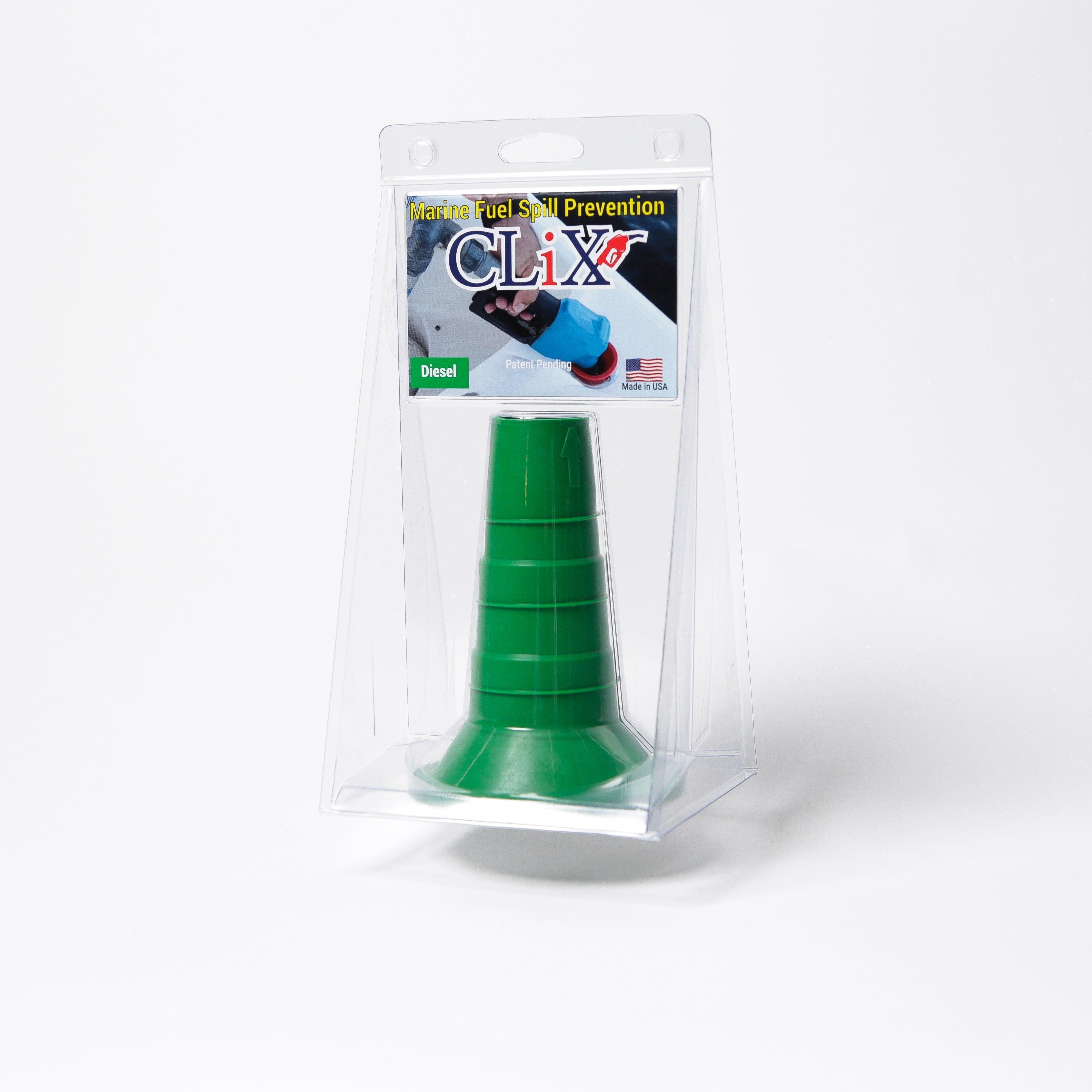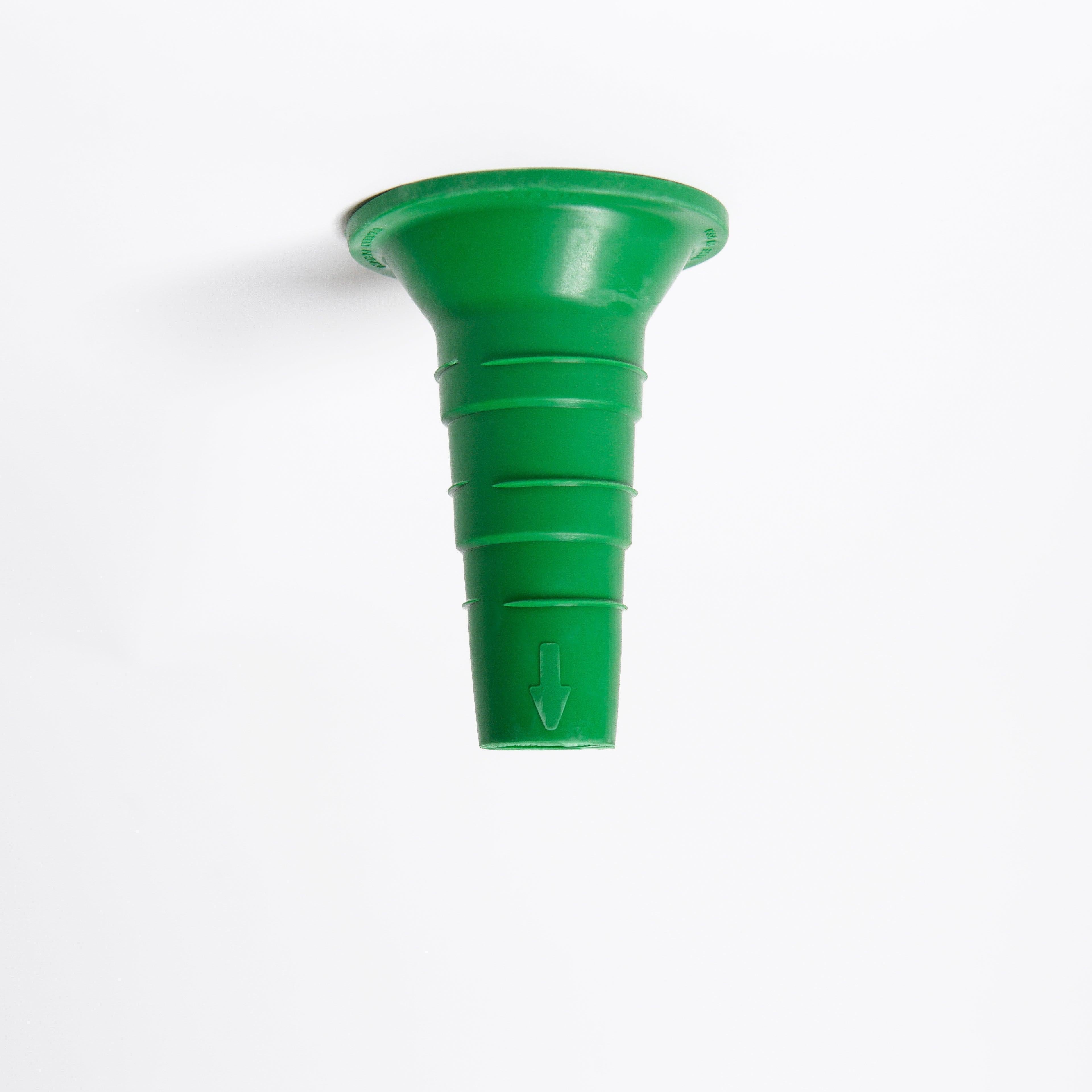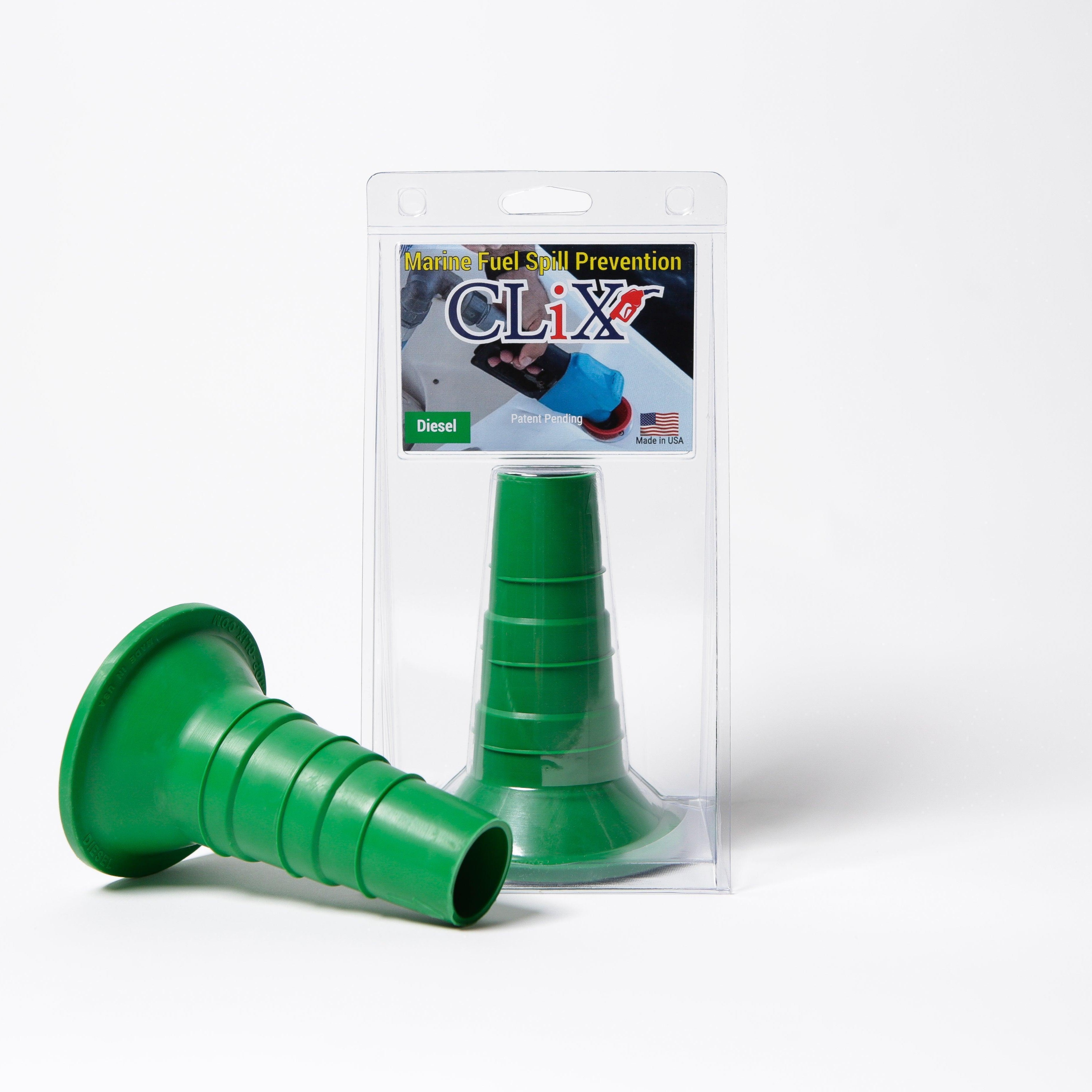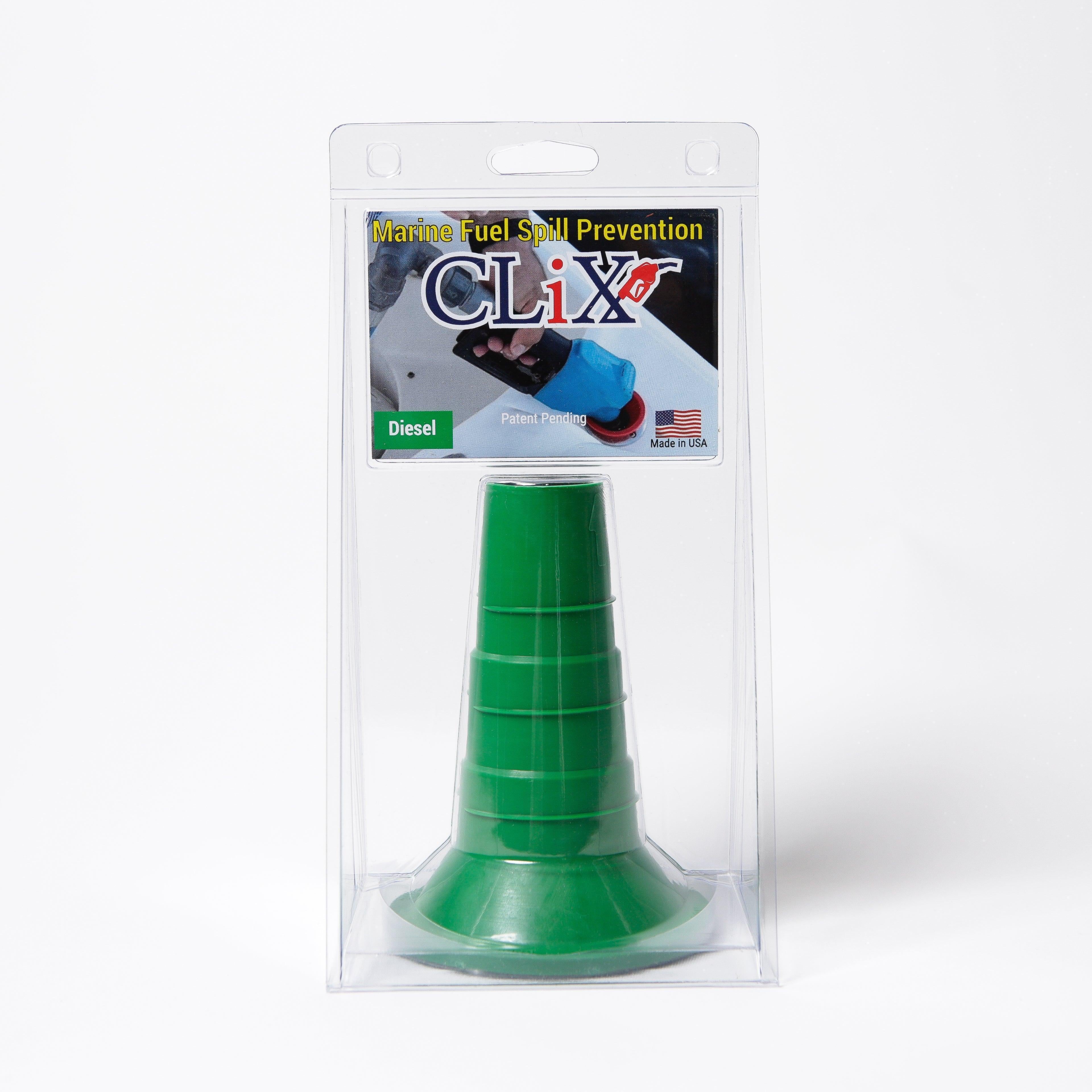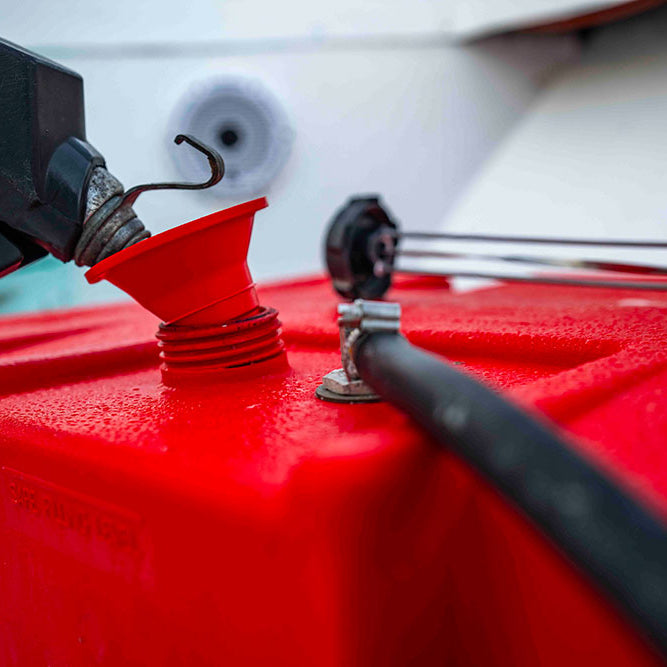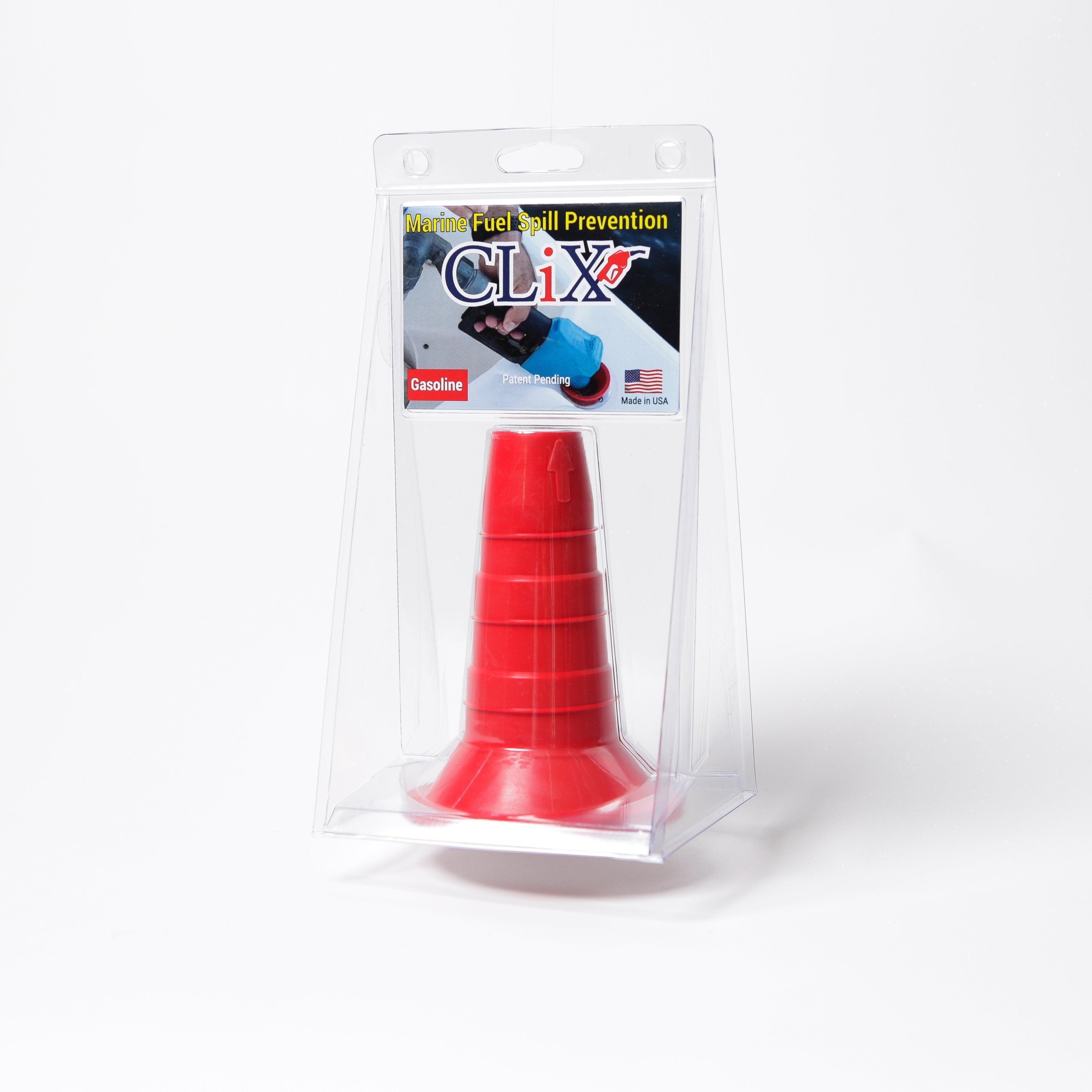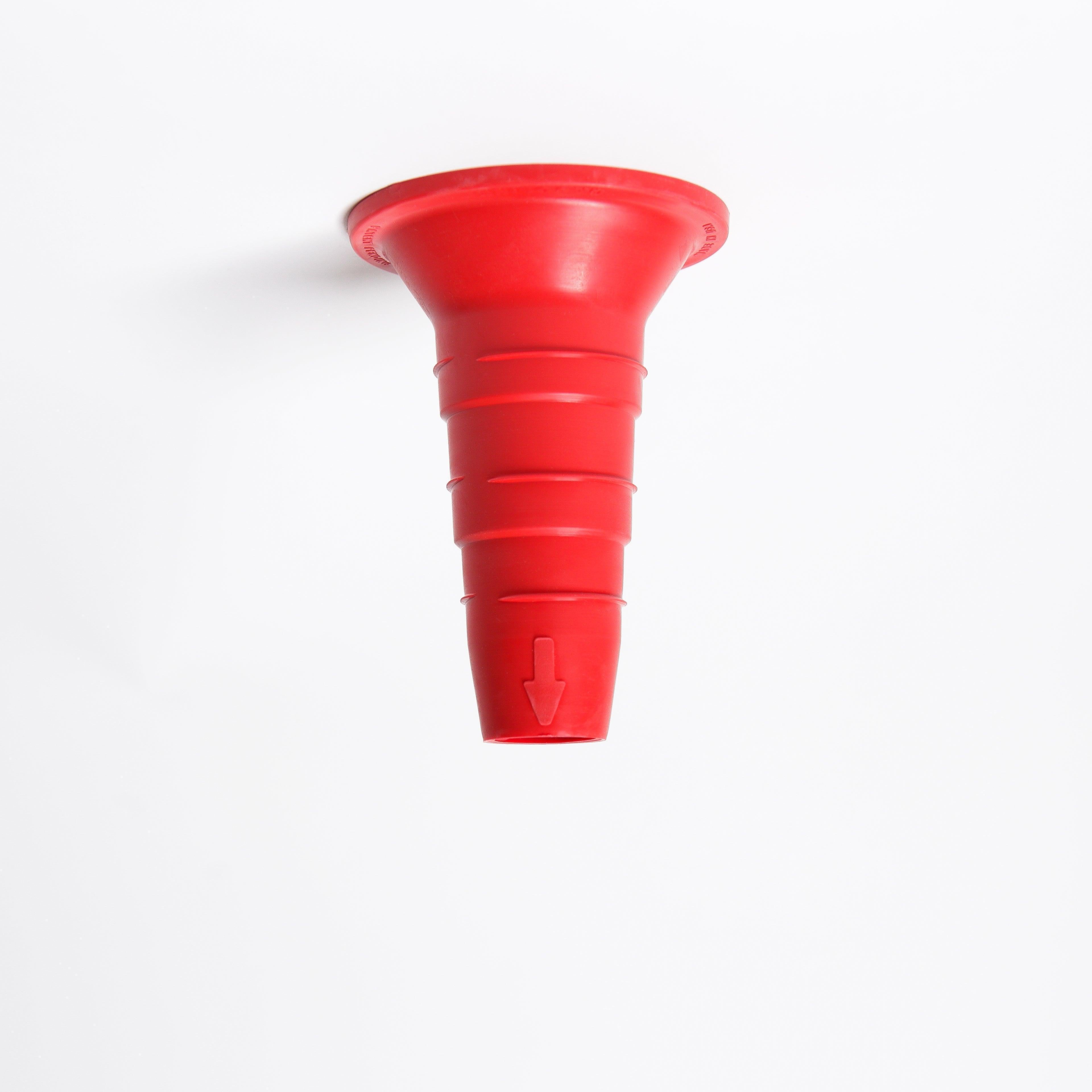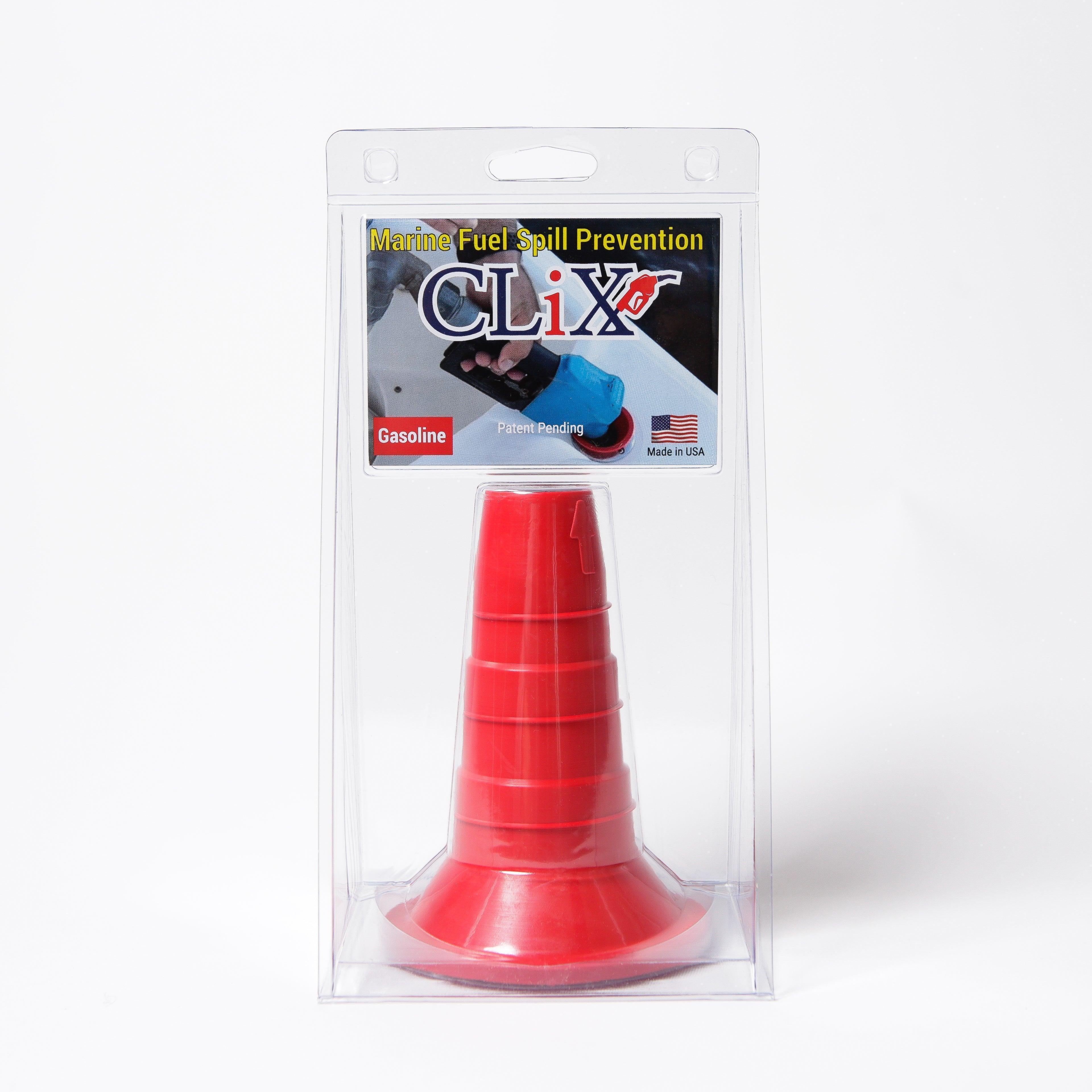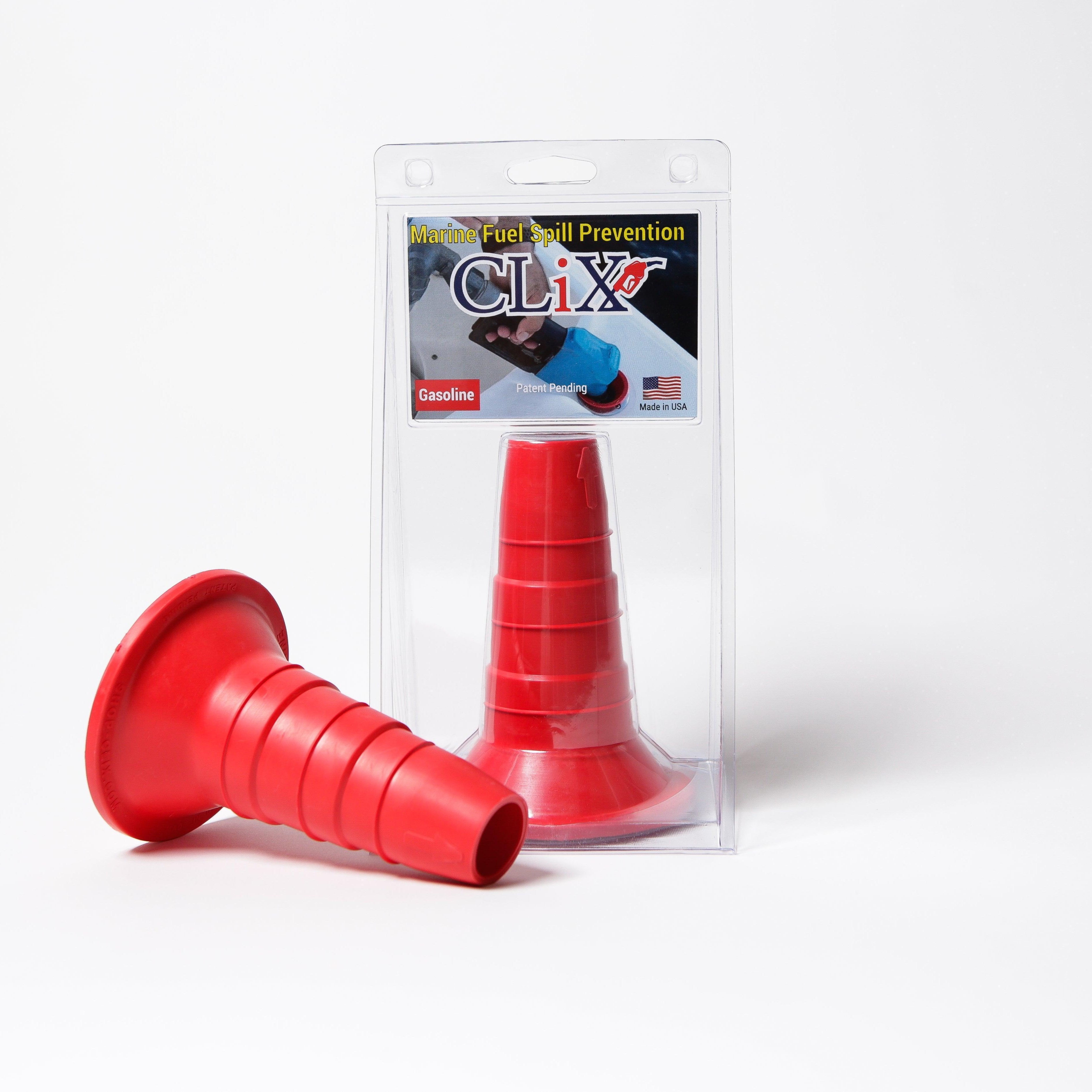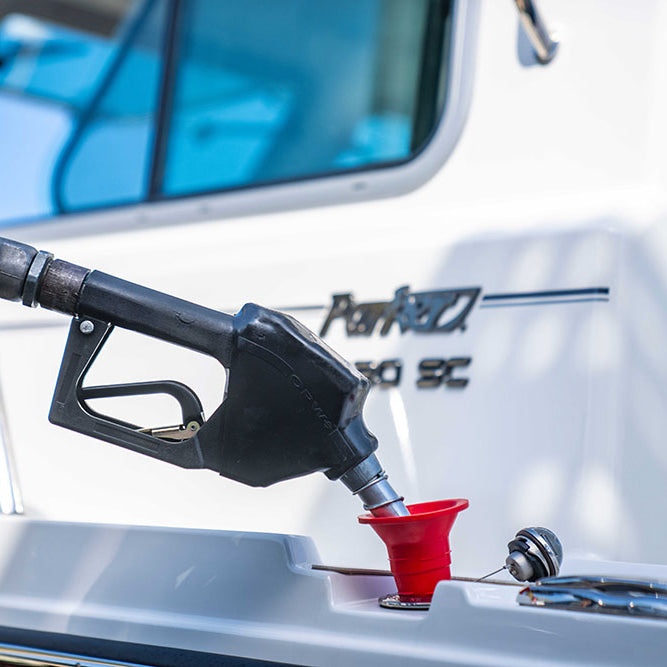The Critical Role of Diesel Exhaust Fluid Pumps
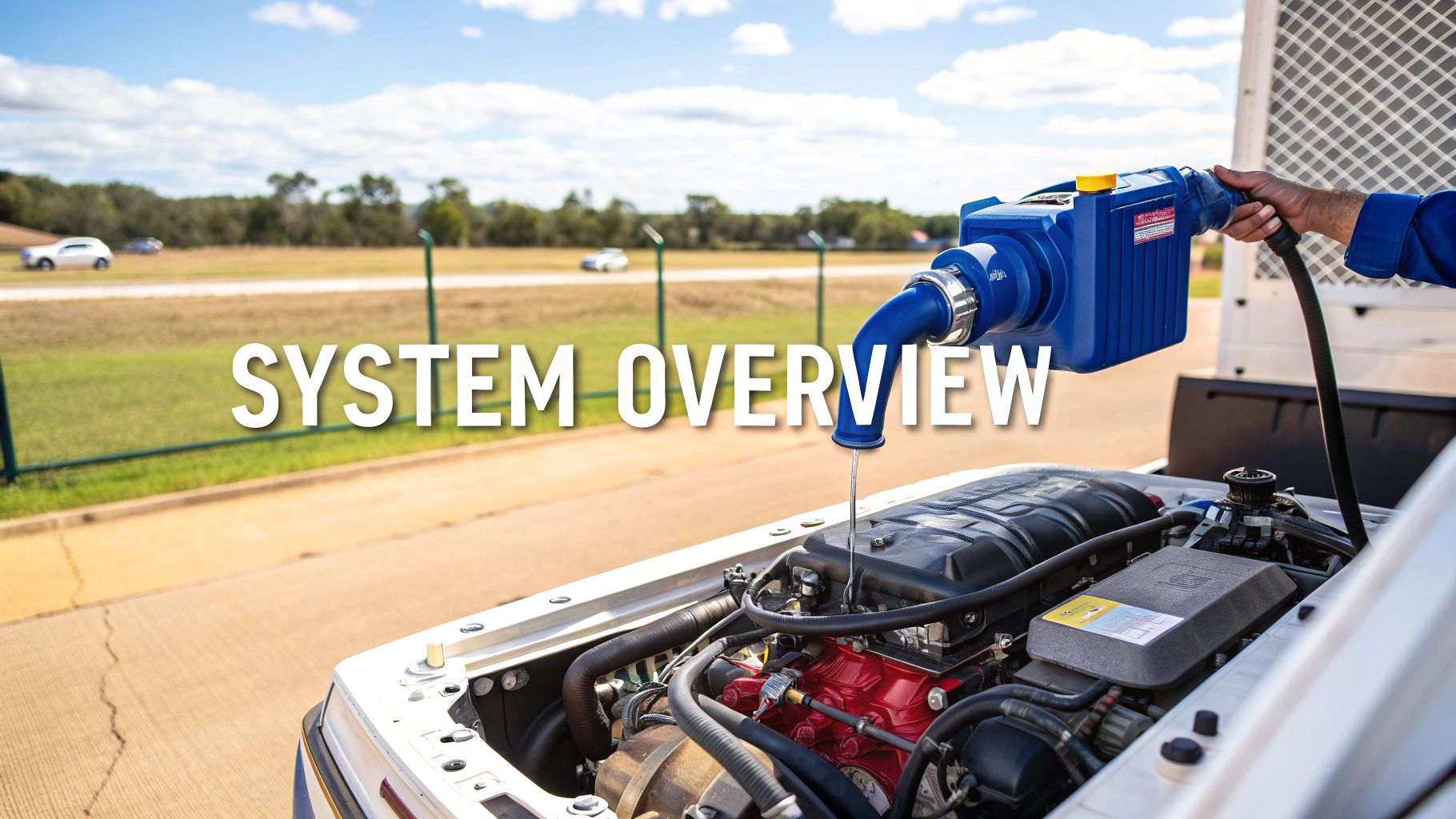
Diesel exhaust fluid (DEF) pumps are essential components of modern diesel engines. They are crucial for the proper functioning of Selective Catalytic Reduction (SCR) systems, which significantly reduce harmful emissions. These pumps precisely meter DEF into the exhaust stream. Here, it reacts with NOx emissions, converting them into harmless nitrogen and water vapor.
This precise metering is essential for optimal SCR performance and prevents system malfunctions. The reliability and accuracy of your DEF pump directly affect the efficiency and lifespan of your entire emissions control system.
Types of Diesel Exhaust Fluid Pumps
Different types of DEF pumps cater to various applications and operational needs. Understanding these differences helps you choose the right pump for your specific situation.
- Manual Pumps: These are typically used for smaller applications or as backups. They require manual operation, making them less convenient for frequent use.
- Electric Pumps: Electric DEF pumps offer automated operation and are common in modern diesel vehicles. They provide consistent DEF delivery and are generally more reliable than manual pumps.
- Pneumatic Pumps: These pumps use compressed air and are often preferred in industrial settings or for high-volume DEF transfer.
Material Construction and DEF Compatibility
The material construction of DEF pumps is another critical factor. DEF is corrosive, and incompatible materials can lead to premature pump failure and system contamination. Pumps made from materials like stainless steel and certain plastics are designed to withstand DEF's corrosive nature. This ensures long-term reliability and prevents leaks. Choosing a pump made with the right materials is essential for maximizing its lifespan and avoiding costly repairs.
The use of DEF became critical for emissions reduction, especially with the introduction of SCR technology. By 2010, DEF was required to further reduce NOx emissions. This ultimately improves air quality and, by 2030, is estimated to prevent 8,300 premature deaths and save $70.3 billion. Explore this topic further.
Importance of Proper Pump Selection
Selecting the correct DEF pump is crucial for optimal performance and longevity. Here are some factors to consider:
- Flow Rate: Choosing a pump with the right flow rate is essential to meet your SCR system’s demands. An insufficient flow rate can decrease performance, while an excessive flow rate can waste DEF and potentially damage the system.
- Power Source: Consider the available power sources for your application. Electric pumps need a reliable electrical connection, while pneumatic pumps require access to compressed air.
- Duty Cycle: A pump’s duty cycle refers to how long it can operate continuously before needing a rest. Choosing a pump with a duty cycle that matches your needs prevents overheating and premature failure.
By carefully considering these factors and selecting the right DEF pump, you can ensure the efficient operation of your SCR system, minimize emissions, and maximize the lifespan of your equipment. Understanding these pumps and their role in modern diesel technology is essential for anyone operating diesel-powered vehicles or equipment.
Top-Performing Diesel Exhaust Fluid Pump Systems
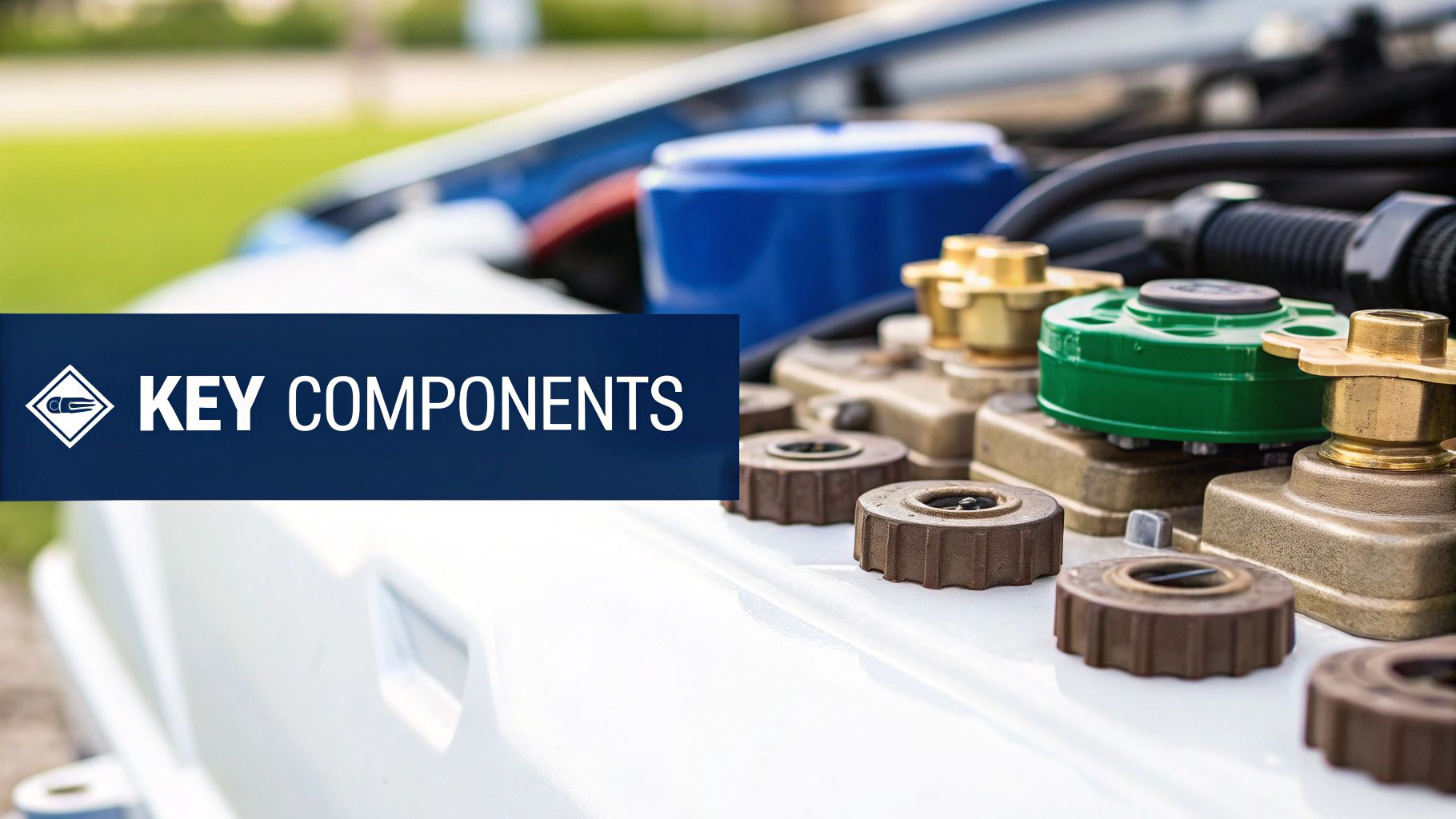
Picking the right diesel exhaust fluid (DEF) pump is essential for keeping your vehicle’s Selective Catalytic Reduction (SCR) system in good shape and meeting emission standards. Whether you own one truck or manage a whole fleet, understanding the different pump types is key to choosing the best fit for your needs. This section explores top-performing DEF pump systems, highlighting what makes each one stand out.
Portable Diesel Exhaust Fluid Pump Systems
Portable DEF pumps offer a practical and affordable solution for individual vehicle owners or small businesses. These pumps are designed for easy transport and use, making on-the-go DEF refills a breeze. Here’s what to consider:
-
Manual or Battery-Powered: Manual pumps are great for occasional refills, while battery-powered pumps offer extra convenience.
-
Durable Construction: Choose pumps made from DEF-compatible materials like stainless steel or certain plastics to prevent corrosion.
-
Flow Rate: Think about the flow rate – you'll want a balance between refill speed and your DEF tank’s size.
Fixed Diesel Exhaust Fluid Pump Systems for Fleet Operations
Managing a fleet demands a more efficient and reliable DEF setup. Fixed DEF pump systems provide a centralized refueling solution for multiple vehicles. These systems bring several advantages:
-
Increased Efficiency: Streamlined refueling means less downtime and a more productive fleet.
-
Improved Inventory Management: Centralized DEF storage helps you keep track of how much DEF you're using.
-
Enhanced Safety: Fixed systems reduce the chances of spills and contamination that can happen with manual handling.
Industrial-Grade Diesel Exhaust Fluid Pump Systems
Large-scale operations, like major trucking companies or industrial facilities, need heavy-duty solutions. Industrial-grade DEF pump systems are built to handle high volumes and tough conditions. Key factors include:
-
High Flow Rates: Choose pumps that can transfer large amounts of DEF quickly and accurately.
-
Robust Construction: Look for tough materials and solid construction to withstand demanding work environments.
-
Advanced Features: Consider options with built-in monitoring and control systems to optimize performance and maintenance.
The following table compares some of the top DEF pump systems on the market:
Comparison of Top Diesel Exhaust Fluid Pump Systems This table compares the most popular diesel exhaust fluid pump systems across critical factors including flow rate, power source, price range, and ideal use cases
| Pump Model | Flow Rate | Power Source | Price Range | Best For | Key Features |
|---|---|---|---|---|---|
| Fill-Rite FR3200A | 20 GPM | AC | $500 - $700 | Fleet Operations | Automatic nozzle, digital meter |
| GPI M50 | 10 GPM | AC/DC | $300 - $500 | Small Fleets/Agriculture | Portable, durable construction |
| Piusi DEF 20 | 8 GPM | AC | $700 - $900 | Industrial Applications | High flow rate, nozzle holster |
| AirDog II-DEF | 15 GPM | DC | $400 - $600 | Trucking/Automotive | Filtration system, automatic shutoff |
| Transfer Flow TFI DEF | 5 GPM | DC | $200 - $400 | Individual Vehicles | Compact, easy to install |
This comparison provides a starting point for your research. Each pump model offers unique features and benefits, so be sure to investigate further to find the perfect match for your specific needs.
The DEF market is booming. It hit $37.0 billion in 2023 and is expected to reach $74.0 billion by 2032, growing at a CAGR of 8.0%. Stricter emission rules and advances in SCR technology are fueling this growth. You can find detailed statistics here: Diesel Exhaust Fluid Market Growth. You might also find helpful resources at CLiX Fueling Products.
Choosing the right DEF pump system comes down to understanding your needs. Whether you prioritize portability, efficiency, or high-volume capacity, the right system will protect your equipment and ensure optimal performance. By considering these factors and researching different models, you can confidently choose a DEF pump system that meets your needs and contributes to a cleaner environment.
Installing Your Diesel Exhaust Fluid Pump Correctly
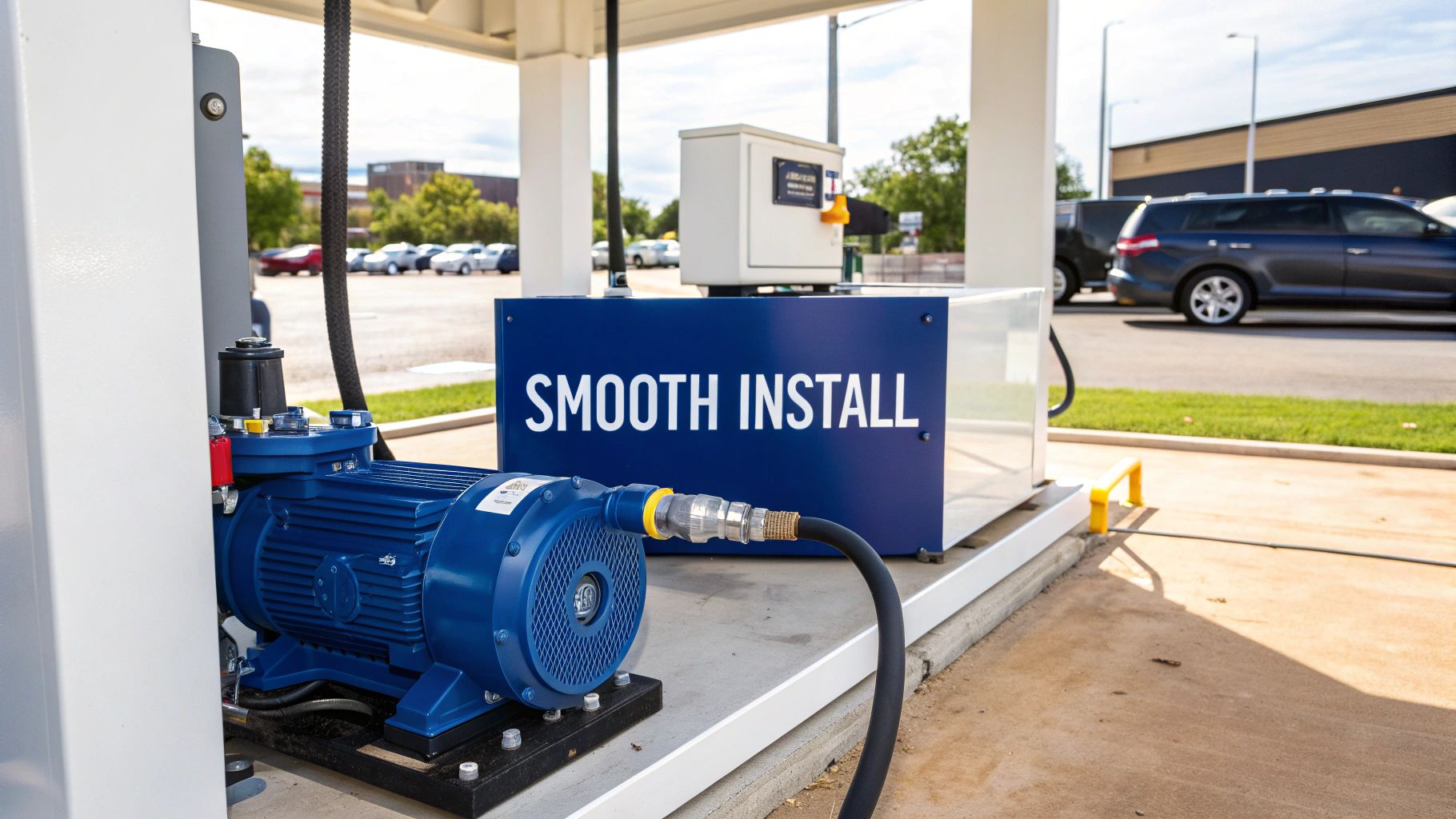
A properly installed diesel exhaust fluid (DEF) pump is essential for a dependable Selective Catalytic Reduction (SCR) system. This guide walks you through the installation process, sharing best practices from seasoned technicians. These tips will help you avoid common mistakes and ensure your DEF pump runs smoothly.
Site Preparation and Mounting
Before you begin, make sure the installation area is clean, dry, and free of debris. This prevents contamination and protects the pump's lifespan. Secure mounting is critical to minimize vibrations and potential damage. Use the correct brackets and hardware to firmly secure the pump in place.
A stable pump contributes to the overall reliability of your SCR system.
Electrical Connections and Grounding
Correct electrical connections are vital for proper pump function. Double-check all wiring to ensure secure connections and proper alignment. A poor ground is a common source of pump problems. Securely ground the pump to prevent electrical issues and maintain performance.
This step ensures consistent and reliable pump operation.
System Testing and Initial Startup
After installation, test the entire system before regular use. Check for leaks, verify the pump's flow rate, and confirm the electrical system is working correctly. A thorough initial startup minimizes the risk of problems later on.
Testing helps identify and address any potential issues early on.
Common Installation Mistakes and How to Avoid Them
Even small installation errors can create significant issues. For example, incorrect grounding can lead to intermittent pump failures, while contamination during installation can damage internal components. Another common mistake is using the wrong fittings or hoses. This can cause leaks and DEF crystallization, affecting pump performance. Learn more about DEF systems.
Careful attention to detail during installation prevents these costly mistakes.
Permanent Installation Considerations
For permanent DEF pump installations, keep these factors in mind:
-
Location Selection: Choose a spot protected from the elements and easily accessible for maintenance.
-
Environmental Protection: Take steps to prevent spills and protect the environment from DEF contamination.
-
Regulatory Compliance: Make sure your installation meets all applicable regulations and safety standards.
Addressing these considerations ensures smooth, trouble-free operation, minimizes downtime, and maximizes the lifespan of your DEF pump. A well-maintained and properly installed pump is an investment in the long-term health of your SCR system. Following these guidelines contributes to a cleaner environment and extends the life of your equipment.
Maximizing Diesel Exhaust Fluid Pump Lifespan
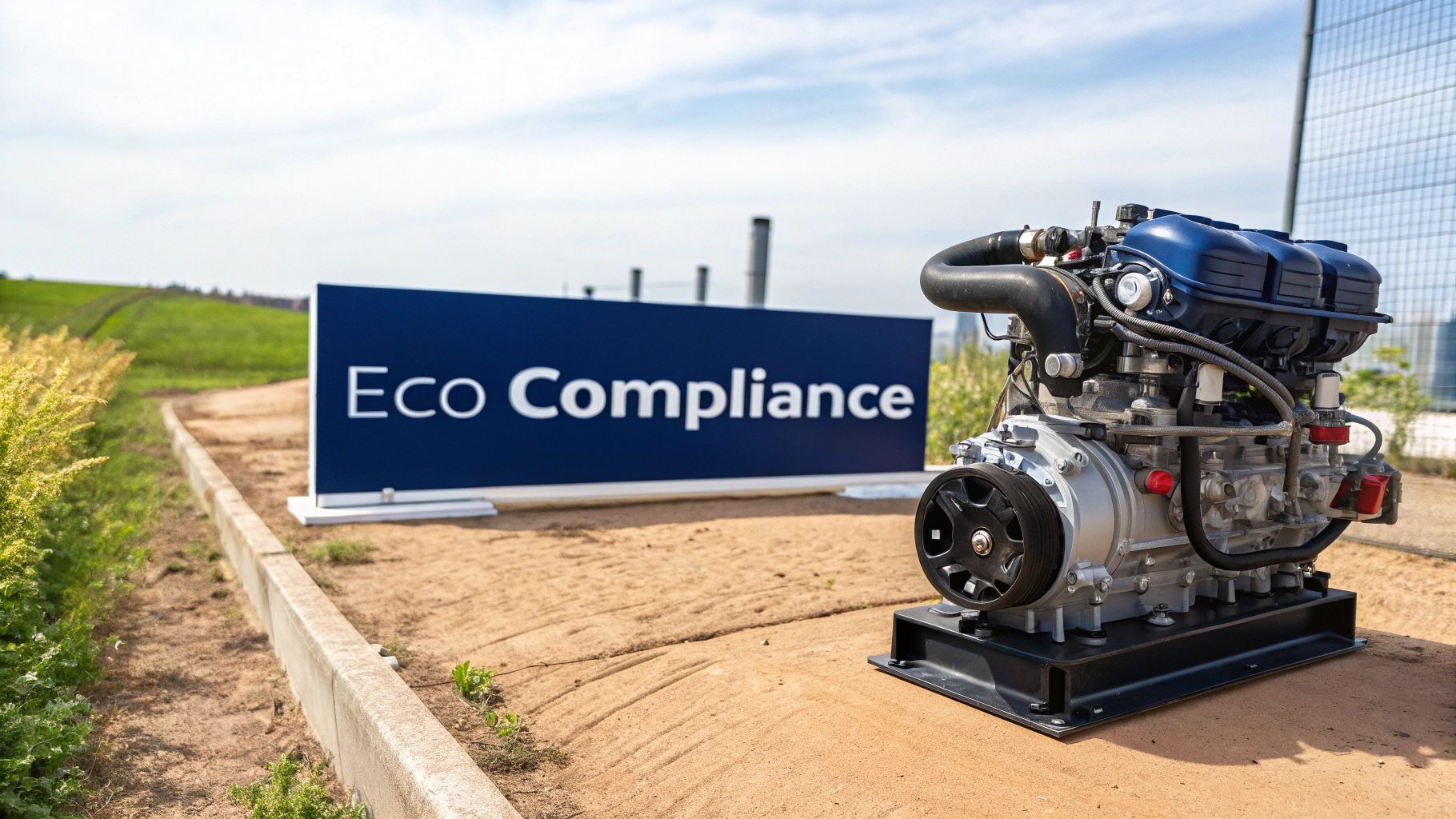
Proper maintenance is crucial for a long-lasting diesel exhaust fluid pump. This helps avoid costly repairs down the line. This section outlines a comprehensive maintenance plan based on expert advice and manufacturer recommendations. We'll cover daily checks, monthly procedures, and annual servicing to keep your DEF pump running smoothly.
Daily Operational Checks
Daily inspections can prevent minor issues from escalating. Start each day with a visual check of the diesel exhaust fluid pump. Look for leaks or any visible damage. Also, check the DEF level and top it off if needed. Low DEF can cause system malfunctions and even damage the pump itself. These quick checks take only a few minutes but offer significant long-term benefits.
Monthly Preventive Procedures
Monthly, more thorough inspections are recommended. Check all hoses and connections for wear, tear, or leaks. Tighten any loose connections and promptly replace damaged hoses. Even a small leak can lead to crystallization, a major cause of DEF system failure. This proactive approach saves you from expensive downtime and repairs.
Annual Deep Servicing Requirements
Annual servicing is essential for optimal performance. This should involve a professional inspection of the entire DEF system, including the diesel exhaust fluid pump. It's also a good idea to replace the DEF filter annually. This prevents contaminants from reaching the pump and ensures long-term system reliability. Using high-quality DEF is also important, as it minimizes contamination and system wear.
What is Diesel Exhaust Fluid?
Diesel exhaust fluid (DEF) is a solution of 32.5% urea and 67.5% deionized water. It's used in Selective Catalytic Reduction (SCR) systems to reduce NOx emissions.
Preventing Crystallization
Crystallization is a common cause of DEF pump failure. DEF is prone to crystallizing, especially in colder temperatures. Regular cleaning is essential. Flushing the system with deionized water removes built-up DEF residue, preventing blockages and maintaining consistent DEF flow. This maximizes the pump's lifespan.
Early Warning Signs and Diagnostic Approaches
Recognizing early warning signs of pump failure is key. Look out for reduced flow rate, unusual noises, and dashboard warning lights. Addressing these issues promptly, through proper diagnostic procedures, can prevent minor problems from becoming major headaches. For instance, a decreased flow rate could point to a clogged filter or a failing pump. Early detection allows you to replace the filter or fix the pump before the entire system is affected. These steps not only extend the life of your diesel exhaust fluid pump but also improve the overall efficiency and reliability of your vehicle’s emissions system.
Solving Common Diesel Exhaust Fluid Pump Problems
A malfunctioning diesel exhaust fluid (DEF) pump can cause several issues, from reduced performance and increased emissions to a complete system shutdown. Quick diagnosis and effective solutions are crucial for maintaining operations and complying with emission standards. This guide will help you address common DEF pump problems.
Diagnosing Inconsistent Flow Rates
Inconsistent DEF flow rates are a common issue. You might notice fluctuating engine performance or warning lights on your dashboard. Several factors can cause this, including a clogged DEF filter, a failing DEF pump, or blockages in the DEF lines.
Start by checking the DEF filter. If it's clogged, replace it. If the problem continues, inspect the pump for damage and test its pressure output. You might find this resource helpful: How to master.... If the pump seems fine, examine the DEF lines for kinks or blockages that could restrict flow.
Addressing System Leaks
Leaks in the DEF system are another common problem. Leaks waste DEF and can lead to crystallization, which can cause further damage. Start with a visual inspection. Look for signs of wetness or white residue (crystallized DEF) around the pump, lines, and connections.
Tighten any loose fittings and replace damaged components right away. If leaks persist, a pressure test can help pinpoint the problem's exact location.
Troubleshooting Electrical Failures
Electrical problems can also affect DEF pumps. Symptoms range from complete pump failure to intermittent operation. Check all wiring connections to the pump, making sure they are secure and corrosion-free. Then, test the pump’s electrical circuit for continuity and voltage using a multimeter.
If the pump has power but doesn't work, it might need replacing.
Dealing With Contamination Issues
Contaminated DEF can cause significant problems for the entire system. This can happen if you use low-quality DEF or if foreign particles get into the tank during refills. Inspect the DEF tank for any visible contaminants.
If you find contaminants, drain and flush the tank thoroughly. Then, refill it with high-quality DEF that meets ISO 22241 standards. A contaminated DEF filter can also indicate this issue. Regular filter changes and using high-quality DEF can prevent future contamination.
To help with further troubleshooting, refer to the table below:
A quick guide to identifying and resolving common diesel exhaust fluid pump problems is presented in the table below. It includes symptoms, causes, and solutions.
| Problem | Symptoms | Possible Causes | Solutions | Prevention Tips |
|---|---|---|---|---|
| Inconsistent Flow Rates | Fluctuating engine performance, warning lights | Clogged DEF filter, failing DEF pump, restricted DEF lines | Replace DEF filter, inspect/replace pump, check/clear DEF lines | Regular filter changes, inspect lines for damage |
| System Leaks | Wetness/white residue around pump/lines | Loose fittings, damaged components | Tighten fittings, replace components | Regular visual inspections |
| Electrical Failures | Complete/intermittent pump failure | Loose/corroded wiring, faulty circuit | Check/clean wiring, test circuit, replace pump if necessary | Regular electrical checks |
| Contamination Issues | Clogged filter, system malfunctions | Low-quality DEF, foreign particles in tank | Drain/flush tank, refill with high-quality DEF, replace filter | Use high-quality DEF, proper refill procedures |
This table summarizes common DEF pump issues, their symptoms, causes, solutions, and prevention tips. Regular maintenance and quick action can minimize downtime and keep your system running smoothly.
DIY vs. Professional Intervention
Some DEF pump problems are easy to fix yourself with basic tools. Replacing a DEF filter or tightening a loose connection, for example, are generally DIY tasks. However, more complex issues like internal pump failures or extensive crystallization require a qualified technician. They have the specialized tools and knowledge to handle these repairs effectively.
Emergency Workarounds
Sometimes, you can't get to a repair shop right away. In these situations, temporary workarounds can keep your equipment running. For minor leaks, a DEF-approved sealant can temporarily stop the leak until a permanent repair is possible.
If the pump fails completely, some systems allow manual DEF dosing to maintain operation. However, use this cautiously and only as a last resort. These emergency measures are temporary and should be followed by a proper repair as soon as possible. Addressing DEF pump problems promptly minimizes downtime, ensures emissions compliance, and extends your equipment's lifespan. This proactive approach saves you money and hassle in the long run.
Next-Generation Diesel Exhaust Fluid Pump Innovations
The diesel exhaust fluid (DEF) pump industry is constantly adapting to stricter emissions standards and the needs of modern diesel engines. This progress is fueled by developments in materials science, smart technologies, and a focus on better efficiency and dependability. These innovations offer real advantages for diesel vehicle owners and operators.
Advanced Materials for Enhanced Durability
A major area of innovation in diesel exhaust fluid pumps is the use of advanced materials. Because DEF is corrosive, the materials used for pump components are critical for their lifespan. Traditionally, stainless steel and certain plastics have been used. However, new materials are appearing that offer even better corrosion resistance. For instance, some manufacturers are using high-performance polymers and specialized coatings. These materials extend the pump's life and minimize contamination risks, resulting in longer service intervals and lower maintenance costs.
Smart Technologies for Improved Performance
Integrating smart technologies is another important trend. Modern DEF pumps increasingly use sensors and control systems to track parameters like flow rate, pressure, and temperature. This real-time monitoring allows for precision flow control, ensuring the right amount of DEF is used. Some systems can even adjust the DEF dosing rate based on the engine's load and operating conditions. This optimizes emissions reduction and prevents DEF overuse.
Predictive Maintenance and Remote Diagnostics
These smart systems are also enabling predictive maintenance. By evaluating data from the sensors, the system can detect potential issues before they cause breakdowns. This proactive maintenance approach minimizes downtime and avoids expensive repairs. Some systems even provide remote diagnostic capabilities, letting technicians access pump data and troubleshoot problems remotely. This significantly speeds up troubleshooting and improves system efficiency. For example, a technician could remotely spot a developing clog in the DEF filter and schedule a replacement, preventing a larger problem. This proactive approach helps ensure the longevity and efficient performance of your diesel exhaust fluid pump.
Enhanced Cold-Weather Performance
Cold weather creates specific difficulties for DEF systems, as DEF freezes at 12°F (-11°C). New DEF pumps are overcoming this challenge with improved cold-weather performance. Built-in heating systems and insulated parts help prevent freezing, ensuring reliable operation even in harsh conditions. This is especially vital for vehicles operating in cold climates. Some pumps include advanced flow monitoring to detect and handle potential problems caused by DEF crystallization. This proactive approach maximizes uptime and limits the risk of expensive repairs.
These advancements in diesel exhaust fluid pump technology are promising for the future of diesel emissions control. By adopting these innovations, diesel vehicle owners and operators can enjoy better performance, greater reliability, and lower operating costs.
Ready to see the future of fueling? Explore the CLiX Fueling Solutions, designed to eliminate spills and streamline fueling for boaters. Explore CLiX Fueling Solutions today.

